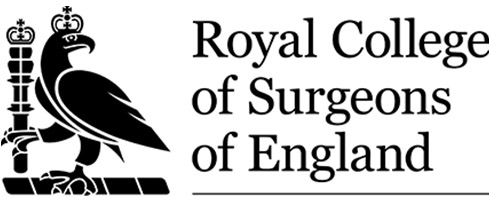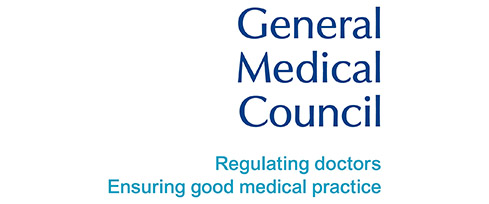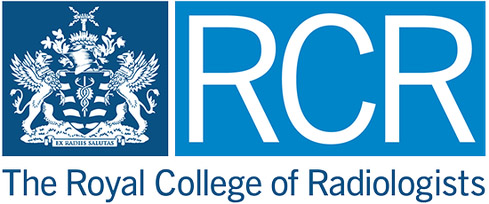- Copyright © Enigma Healthcare 2025
We offer advice, support and treatment throughout the different stages of your menopause.
We understand that everyone is different and pride ourselves on using a personalised, professional and innovative approach to treatment tailored to your needs.
“The menopause can be a challenging time for many women, and the information and advice available can be overwhelming. I believe that with the right advice and support and an individualised approach, I can help women to navigate this phase of their life with increased confidence and relief of troublesome symptoms.” – Dr Dancy, Menopause Specialist.
Followed immediately by a bespoke 45 minute consultation with Dr. Dancy.
£250
The official definition for The Menopause: is the time when a woman stops having her periods for at least a year and can no longer get pregnant naturally. For most women, the menopause can occur between 45 -55 years of age. As women age, their ovaries produce less oestrogen and testosterone as ovulation becomes less regular. The declining levels of oestrogen cause menopausal symptoms, which can occur a few years before and sometimes after the actual menopause.
For some women, the menopause may occur prematurely, i.e. before the age of 40 (due to premature ovarian insufficiency) or may be brought about by a life event, surgery or other treatment.
Every woman will go through the menopause at some stage in her life. For some, the menopause is an easy transition, but the time leading up to and after menopause can be problematic for most women.
The menopause can be a difficult time for both women and their partners/families. The uncomfortable range of physical and emotional symptoms experienced during this time can be surprisingly debilitating, causing distress and anxiety and putting pressure on relationships.
Every woman going through the menopause is different.
Some women are fortunate to have only mild symptoms and sail through the menopause easily. Other women may have severe symptoms, and this can negatively affect their mental and physical health. The majority of women will incur some discomfort. The menopause can be difficult, but there are ways to minimise symptoms, and our specialist menopause clinicians are here to help you feel like yourself again.
Depending on your medical history and symptoms, your clinician may recommend following:

Marks the early signs of the menopause when oestrogen levels start to decline.
Signifies no menstrual period for one year and ovaries ceasing egg production.
May bring relief from hot flushes, but also increases health risks due to dropping oestrogen.
It can be confusing to know if you are peri-menopausal (the time leading up to the menopause when oestrogen levels are declining). Throughout the body, there are oestrogen receptors, and when oestrogen levels decline, the impact can be widespread.
Depending on your medical history and symptoms, your clinician may recommend following:
Please note as a practising NHS GP Dr Dancy is unable to see patients who are currently registered at Dr Adey and Dancy NHS practice, this is to avoid any professional conflict of interest. If you have any further questions regarding this please don’t hesitate to contact us.














